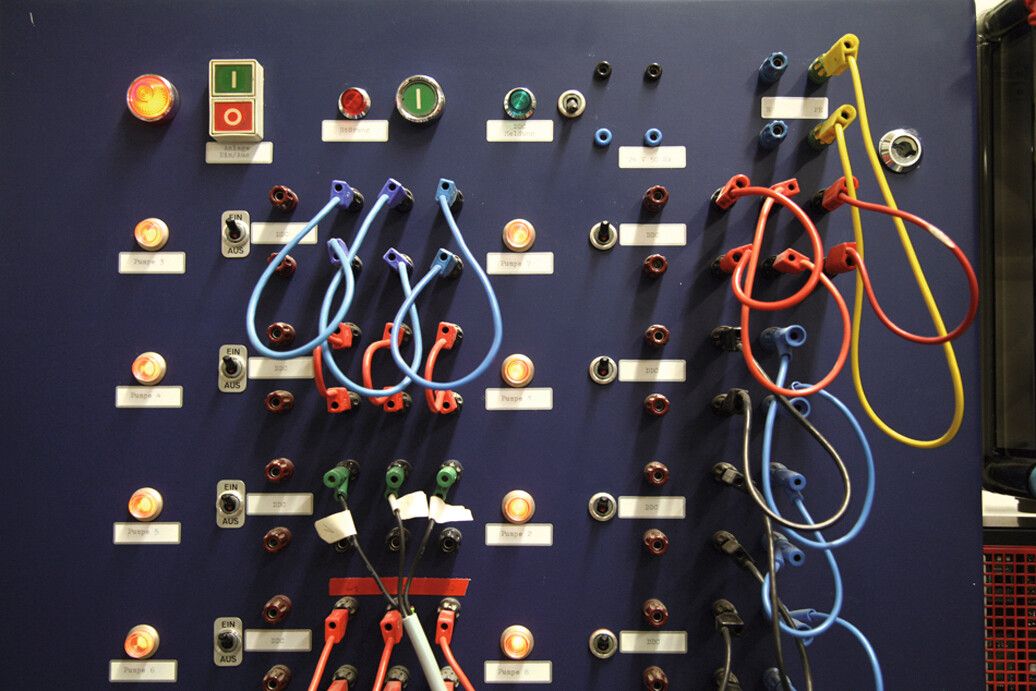Technology, engineering sciences (interdisciplinary)
Technical systems, devices and equipment are becoming ever more powerful. This requires ever better and more complex mechanical, electronic and IT components. Against this backdrop, specialists with interdisciplinary skills in the collaboration of different engineering disciplines are needed.

Overview of the academic discipline
This field of study combines several method-oriented engineering degree programmes in which the general engineering sciences and the natural sciences, mathematics and computer science are intertwined.
Which topics are included in the curriculum?
The general engineering degree programme begins with a basic education in engineering and natural sciences as well as mathematics and computer science. Depending on the degree programme, subjects such as automation technology, electrical signal processing, electronic systems, chemistry, design, thermodynamics, material science, mathematics for engineers, microtechnology, process informatics, law and business administration are taught.
Students can then acquire subject-specific knowledge within the framework of specialisations and areas of specialisation. The specialisations include mechanical engineering, medical engineering, optoelectronics, energy and environmental technology and electrical engineering and information technology.
Courses in cybernetics, systems engineering and patent engineering focus on specific aspects such as simulation and modelling, robotics and patent law from the outset.
What are the requirements?
In some cases, aptitude tests and pre-study internships are required, which can be completed during the undergraduate programme. In addition, the degree programmes are sometimes more or less admissions-restricted, depending on the year. A good knowledge of the following school subjects is helpful: maths, physics, English and computer science.
What study programmes are there to choose from?
The study programme in the field of technology and engineering covers the following areas:
- generalist engineering degree programmes such as ‘General Engineering’, ‘International Engineering’, ‘Engineering’ or ‘Interdisciplinary Engineering’.
- Study programmes in the fields of cybernetics and systems engineering. These are called, for example, ‘Technical Cybernetics and Systems Theory’, ‘Systems Engineering’ or ‘Intelligent Systems’. Study programmes in Systems Engineering are almost exclusively Master's degree programmes
- Patent engineering degree programmes, which supplement the engineering fundamentals with legal content. These degree programmes are exclusively offered at an advanced level.
What job opportunities are there after graduation?
The fields of work of engineers are diverse and depend on the respective field of study and specialisation. They work in mechanical engineering companies, in biotechnology, in aerospace, in the automotive, electrical and chemical industries, in science and research at universities and private institutes, in craft businesses, law firms, at patent offices, associations and organisations or in public administration.
